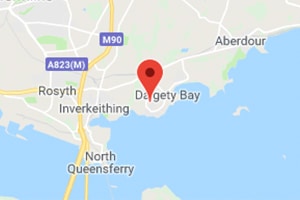Having renewable energy technologies installed in your home can positively impact your household and the environment.
You might be asking, “How much do solar panels cost?”
There are many things to consider when computing solar panel costs. Knowing them can help you understand why the initial cost seems high and how it will be worth it.
Here’s everything you need to know about the cost of solar panels.
The Cost of Photovoltaic Solar Panels in the UK
A standard solar panel system of 250W costs around £400 to £500. It can vary depending on the type and size of your system.
The most common size for domestic panels is 4kW. Given the rates, a 29-square-metre roof would cost around £6,400. This has decreased over the years because of the technological advancements surrounding solar energy.
Solar panels’ lifespan is usually around 25 years. Over this time, you can profit around 25% of what you initially spent.
The more your system generates, the more you’ll have to spend on installation. However, it also means higher returns in the long run.
Having a solar system installed can also help you save on VAT since the UK government has temporarily scrapped it for those who have energy-efficient measures.
Many factors can affect the cost of solar panels. Some can bring the price up, while others can bring it down.
Factors Affecting Photovoltaic Solar Panel Cost
Many factors must be considered when switching to a more eco-friendly energy source. Each element in a system affects the overall cost of your installation.
These are the common factors that affect solar panel costs:
- System Size: If you’re wondering what size solar panel system would best fit your house, it’s best to consider your home, roof space, and how much electricity your household consumes. The average size of a system is 4kW, which costs around £6,000. Cost can vary depending on how many solar panels your house requires and the size of each panel.
- Type of Panels: The type of panel immediately affects the overall cost. The most common ones are monocrystalline, polycrystalline, and thin-film solar panels. While monocrystalline is more efficient, it’s also more expensive than the other types.
- Installation Process: The solar panel installation cost considers how many panels and mounting equipment you’ll need, the roof’s strength, and the panels’ angling.
- Labour: Labour costs are usually included when you have solar panels installed. You can pay around £300-£500 per day or 20 pence per watt. While some would do it on their own to save money, it’s best to have the proper training to install it properly with no untoward incidents.
- Additional Components: Any additional components to your solar system can increase the price of the equipment needed. However, it can lower your solar panel installation cost since you wouldn’t have to add them as time passes. These can protect your panels and your home.
Speaking of additional components, there are more which can cause the price to go up or down.
Can Solar Batteries Affect the Cost of Solar Panels?
A solar battery storage system can easily increase the installation cost of most solar panels.
The main reason why people add this is to store more electricity, especially when the sun goes down. You wouldn’t have to rely too much on the grid, and your energy bills can be lower in the long run.
The average battery costs between £1,200 to £6,000, depending on its quality, type, and lifespan.
If you’re thinking of investing in a battery, be prepared to pay more for up-front fees. However, they should be cheaper to maintain in the long run.
Cost of Installing Photovoltaic Solar Panels
Solar photovoltaic panels are the most common type for households, given their price and efficiency.
The cost of installing solar photovoltaic systems usually ranges from £1,900 to £6,000. It can vary greatly depending on your roof size or type.
Investing in components, like solar trackers, can help you make the most out of these panels. Special types, like solar roof tiles, can also be at a different rate.
Other Costs Concerning PV Solar Panels
Spending on solar panels doesn’t stop at installation costs. Domestic solar panels usually need the following after installation:
- Maintenance: Maintaining your panels to keep them in top shape is essential. It’s best to have your panels cleaned and checked out at least once or twice a year to generate energy and electricity efficiently.
- Insurance: You must add these panels to your home insurance to support it in case of emergencies. It can lead to slightly higher insurance premium payments. A licensed professional must also install it for your insurance to cover the devices.
- Replacing Inverters: Unlike solar panels, inverters only have a lifespan of 10 years. Depending on the model, you would need to have your inverter replaced along the way, costing around £1,000.
- Planning Permission: This permission is required if you live in a conservation area or a world heritage site to maintain the environment of the place. You would need to speak to your local planning authority to get the necessary permission and settle the legal fees included.
These additional costs ensure that your solar PV system is always in tip-top shape and can efficiently provide energy to your household.
Different Types of Photovoltaic Solar Panel Systems
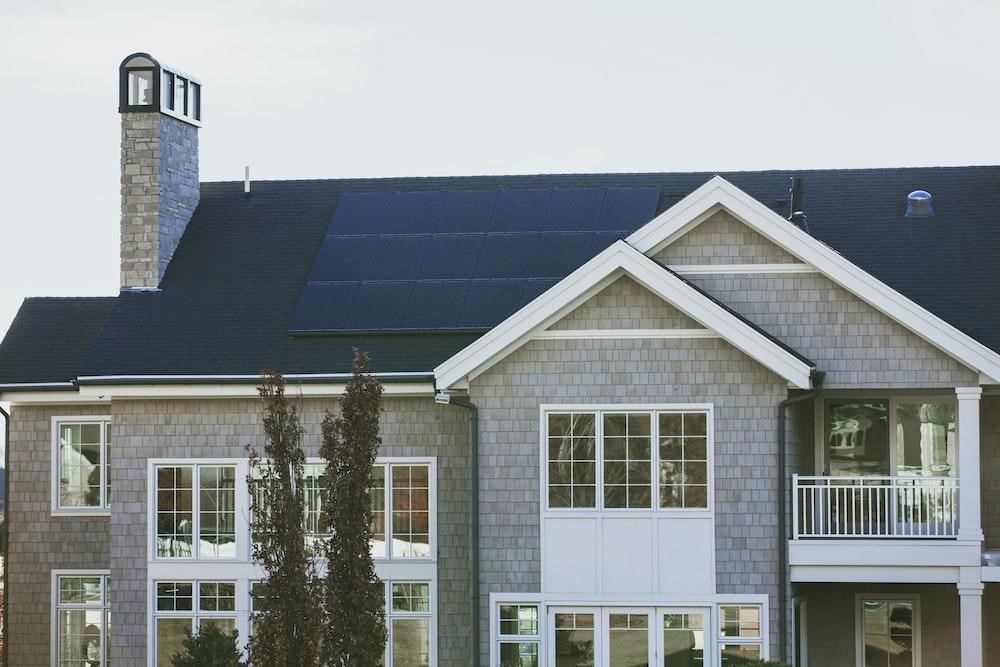
Solar panel installations depend on the type you’re getting. Some are connected to the grid, while others aren’t. Each has advantages and disadvantages, depending on what you’re looking for in a system.
The type of solar PV panel can affect how much energy is generated and your system’s efficiency. They’re essential to consider when installing solar panels in your home.
These are the different types of photovoltaic solar panel systems and how they can generate electricity.
Off-Grid Systems
These systems are for those who don’t have immediate access to the local grid, requiring high-capacity battery storage and a generator.
These ensure you’ll still have electricity for days, even without sunlight.
However, batteries are complicated, expensive, and can decrease your system’s overall efficiency. They would usually need to be replaced after ten years.
Grid-Tied systems
These systems are connected to the utility power grid, giving you backup power without replacing or maintaining them. They simply tap onto the grid for electricity when there’s no sun.
It saves you money because of the lower equipment and installation costs. They also have better efficiency rates and can provide income through net metering.
Hybrid Systems
A hybrid system is a mix of the types mentioned earlier. They’re often described as grid-tied solar with an extra battery or off-grid solar with utility backup power.
These are less expensive than the off-grid system and are constantly being developed and improved to contain more efficient batteries and systems.
A great example is having an electric car. Your vehicle already functions as a battery with wheels, making it a hybrid setup.
Benefits of Photovoltaic Solar Panels
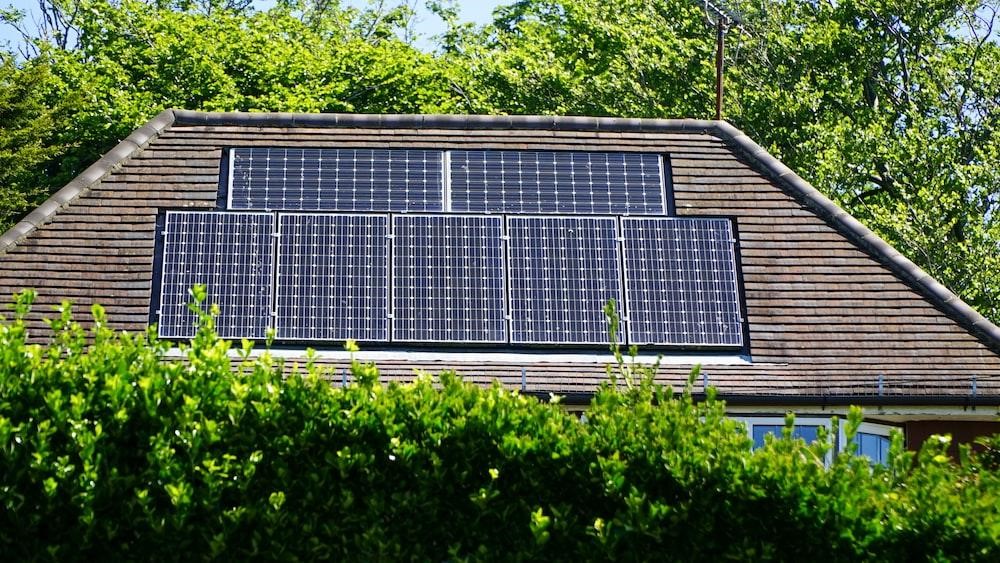
Switching to more eco-friendly energy sources already has many known benefits, which is why governments constantly encourage it.
These are some of the most prominent benefits of solar panels.
Financial Savings
Electricity bills aren’t going down any time soon, especially with how our planet’s non-renewable resources are starting to run out.
However, a solar panel system can provide electricity that doesn’t need to be paid for every month. You’ll simply have to maintain it annually.
It can even pay you back, especially if you sell excess electricity to your local energy supplier. The money you earn can be used to pay back the solar panels and cover your remaining energy bills.
Environmental Benefits
One of the most notable benefits of switching to solar energy is how it cuts down your carbon footprint.
Since you’re relying on renewable energy, you don’t have to worry about immediately running out, especially when you have a solar battery.
While there are other renewable sources to choose from, solar panels are one of the most reliable for most places, given how we’re always sure to have the sun to power everything up.
How Long Do Solar Panels Pay for Themselves?
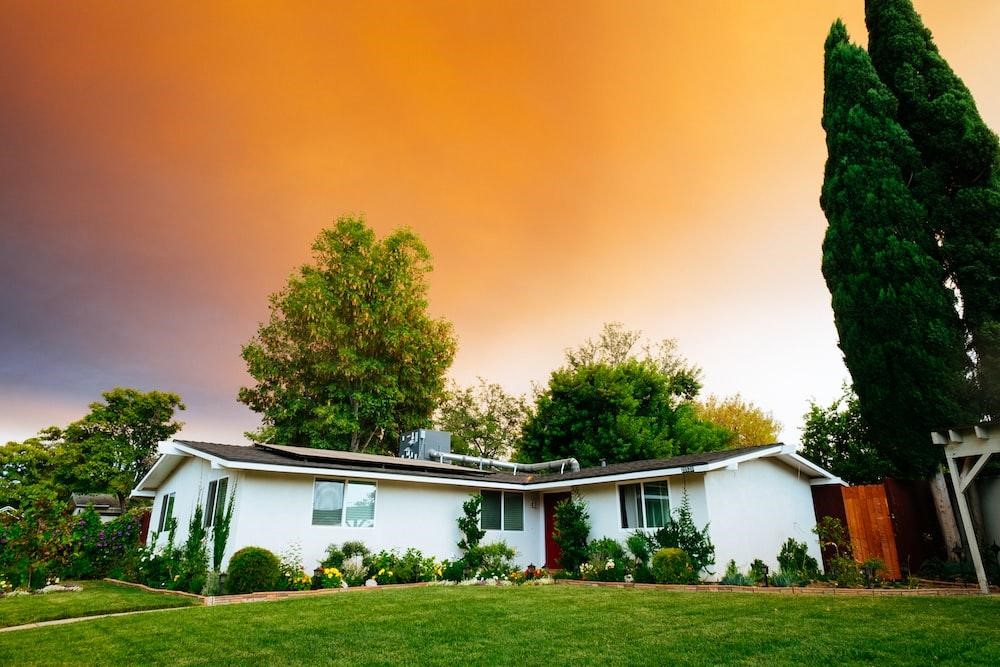
The standard issue for people living in the UK is the payoff after switching to solar electricity. The initial solar panels cost quite a bit, especially considering the materials and labour you’ll need.
However, you can slowly see your electricity bill savings go up as time passes since you would rely more on your own electricity.
You can even earn money by selling any extra energy produced. These are possible if one of your solar panel companies handles your installation, which will be discussed later.
There are also ways for the government to subsidise households who switch. It encourages everyone to switch to more sustainable sources of energy.
The UK used to have the Feed in Tariff that provided subsidies for those who switched to solar power. However, the Feed in Tariff was discontinued in 2019.
It was replaced by the Smart Export Guarantee (SEG), which is also government-subsidised. It’s one of the best ways to lower your solar panel cost.
Leveraging on SEG Payments to Reduce Solar Panel Costs
The SEG is a way for people to make money by selling excess electricity back to the grid. Your household might be unable to use all the electricity your solar panels generate, so this is the best way to use the excess.
According to the Energy Saving Trust, a household can easily make between £65 and £125 a year, depending on the electricity generated by their solar panel system. That’s for a rate of 3.99p per kW.
Switching to solar energy will not only lower your electricity bill, but it can even help pay back for the solar panels in the long run.
However, you won’t get to export energy just because you have the system automatically. There are terms to get the most out of SEG payments.
You must sign up with one of your local energy companies or an electricity supplier. They will then have a registered MCS (Microgeneration Certification Scheme) installer work on your solar panels.
Frequently Asked Questions (FAQs)
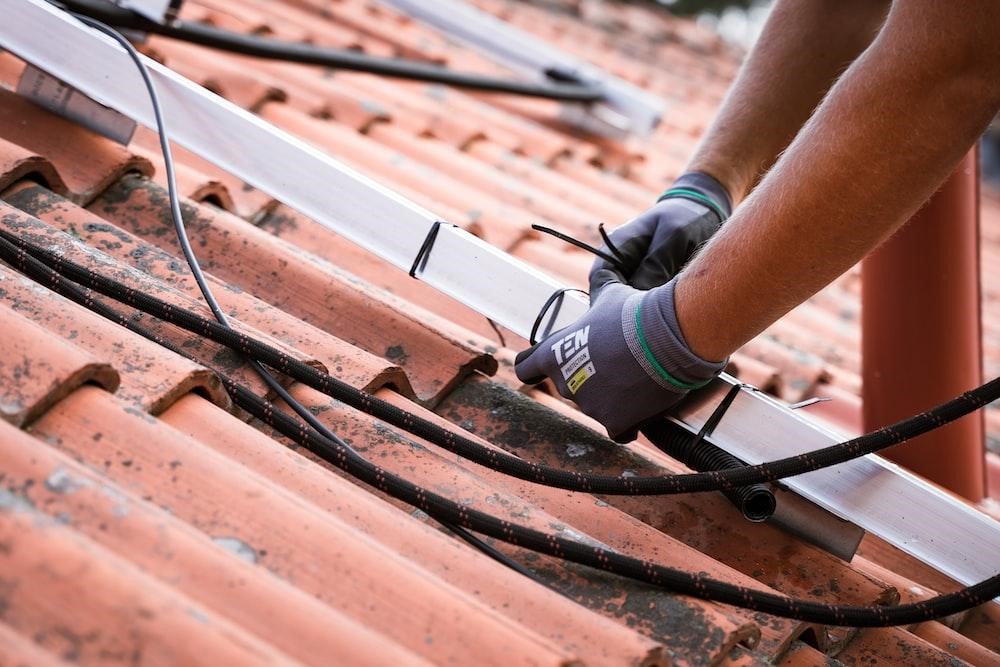
You may have more questions about how much solar panels cost and their benefits.
We’ve gathered the most common questions to help you with your research.
When Are Solar Panels Sold the Cheapest?
Solar panel prices tend to vary based on developments in technology, current electricity prices, and the economic state of a country.
An example would be the high prices during the spring and summer of 2020 because of the pandemic.
However, solar panel prices were the lowest in the summer of 2021, after borders opened and more people were free to go around. It allowed companies to charge lower based on the economic state.
We recommend getting AT LEAST 3 different quotations for different times of the year. It will help you compare the rates and get the most out of the cost.
What are the Incentives When Installing Solar Panels in the UK?
Yes, there are incentives when installing solar panels. You can enquire about the following to make the most out of your switch:
- Smart Export Guarantee: This scheme was started in 2020 to pay back those who sell their excess energy to the national grid. However, it’s important to remember that there are conditions before you can sell electricity back to the grid.
- ECO4 Scheme: This scheme replaced the ECO3 and will be applicable from April 2022 – 2026 to allow more people to qualify for grants according to the LA Flex eligibility. They allow you to get free solar panels to make the switch more accessible to everyone.
- Zero VAT: UK has announced that for April 2022-2027, there will be zero VAT for those who switch to energy-efficient measures like solar panels, heat pumps, solar thermal systems, and insulation.
These efforts are designed to encourage people to switch to more sustainable and environmentally-friendly energy sources.
Are PV Solar Panels Low Maintenance?
Maintenance of Solar PV systems is relatively nonexistent. Unless your panels get damaged, you usually don’t have to worry about running costs for a while.
However, you can maximise the efficiency of your solar PV system if you have it inspected and cleaned at least once a year.
While you can clean your panels, going on any roof space can be dangerous, especially if you’re new. It isn’t easy to risk getting injuries or accidentally messing up the wiring of your panels.
You can have your panels cleaned for £5-£15 per panel, depending on the type and size of your system.
Final Verdict: Are PV Solar Panels Worth the Money?
Many people hesitate to switch to solar PV panels because of how expensive the installation costs can seem. You might be thinking about it, too, now that we’ve answered the question, “How much do solar panels cost?”
However, the price is reasonable given how solar PV panels are made, from how much solar panels cost to the labour put into them. It’s best to see them as an investment.
In the long run, you’ll see a decrease in your electricity bills as your home becomes more sustainable. The government can also subsidise you for having a solar system.
Besides its effect on your energy bill savings, it can even help you make money. The more electricity your system generates, the more you can sell back to the grid.
If you can make the switch, solar panels can be worth the money and help your household and the environment.

